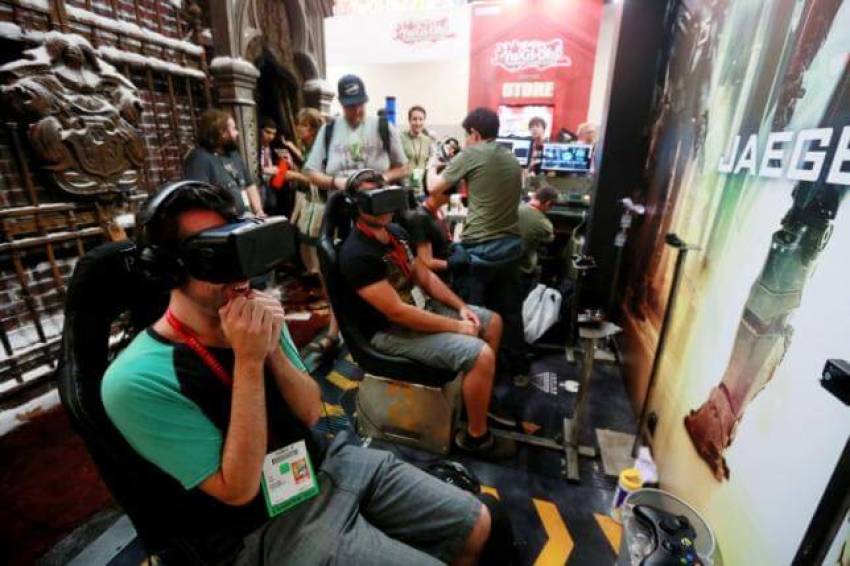Pastor Tim Challies Warns Christians Against Using Virtual Reality Porn

Pastor Tim Challies of Grace Fellowship Church in Toronto, Ontario, has said that virtual reality pornography is the "next frontier" in technology, and is warning Christians about its harms.
Challies said on his website Monday that he's had many opportunities in the last few years to talk about pornography and technology, and the risks that have emerged.
"The rise of the internet provides a ready example. When the internet first came along, we all dutifully signed up for accounts and began to explore this new medium. We surfed and chatted and downloaded and shopped," he wrote.
"It was only a few years later that we realized that along the way an entire generation had gotten hooked on porn. It's obvious now — what else was ever going to happen? But somehow nobody saw it coming. We saw the opportunities but missed a major risk."
When charting the next developments in technology, he said that he's recently been focusing on virtual reality, a broad term where immersive computer-generalized worlds are often designed to simulate the real world as close as possible.
The pastor pointed out that while today VR is most often associated with gaming, experts are seeking to bring the technology to the next level and mimic and even improve on face-to-face connection.
"Presence, empathy, and intimacy represent a grand ambition. What is the ultimate human expression of presence, empathy, and intimacy? Sex, of course. So it comes as no surprise that VR is already moving in that direction and, according to some, even the early results are groundbreaking," he continued.
"One researcher says it is like nothing he's ever experienced. It is so real, so personal, and so sensory that the brain accepts it as real. The brain fills in the gaps to such a degree that it can be felt. You are no longer a voyeur watching acts unfold on a screen but a participant actually joining in," he warned.
"Just like video porn proved a quantum leap over magazines, VR porn seems likely to leave mere videos as a quaint relic of the past. If standard on-screen porn is Aspirin, VR porn is fentanyl in all its power and addictiveness."
Challies said that all this should serve as a warning to Christians, to let them know that VR will soon be a huge field with much potential, but also great pitfalls.
"As it comes, let's be wary. Let's be wise. Let's get out ahead of it. Let's make sure that this time around we properly assess its benefits and its drawbacks before we hand ourselves over to it," he urged.
"And let's be sure to admit — as Christians, at least — that there is really no such thing as virtual reality. We only ever live in real reality where God commands we live as people who have been set apart by God, to God, and for the glory of God."
Still, some initiatives are seeking to use VR as a means to bring people closer to God. An organization called VR church, established in Los Angeles by California-based Pastor D.J. Soto, explained in February that it is inviting people to "attend a real church in virtual reality."
Soto insisted that the mission is "to explore and communicate God through virtual reality, augmented reality, and next generation technologies."
He argued that virtual churches have the potential to tremendously increase church attendance and be a new way to connect with young people who feel alienated by real world churches.
J.R. Woodward, national director of church planting at V3, advised: "I think media used carefully and thoughtfully is really, really helpful. But I think what's most needed today is for Christians to be an embodiment of Christ in particular places and contexts. There's nothing really more transformative than that."



























